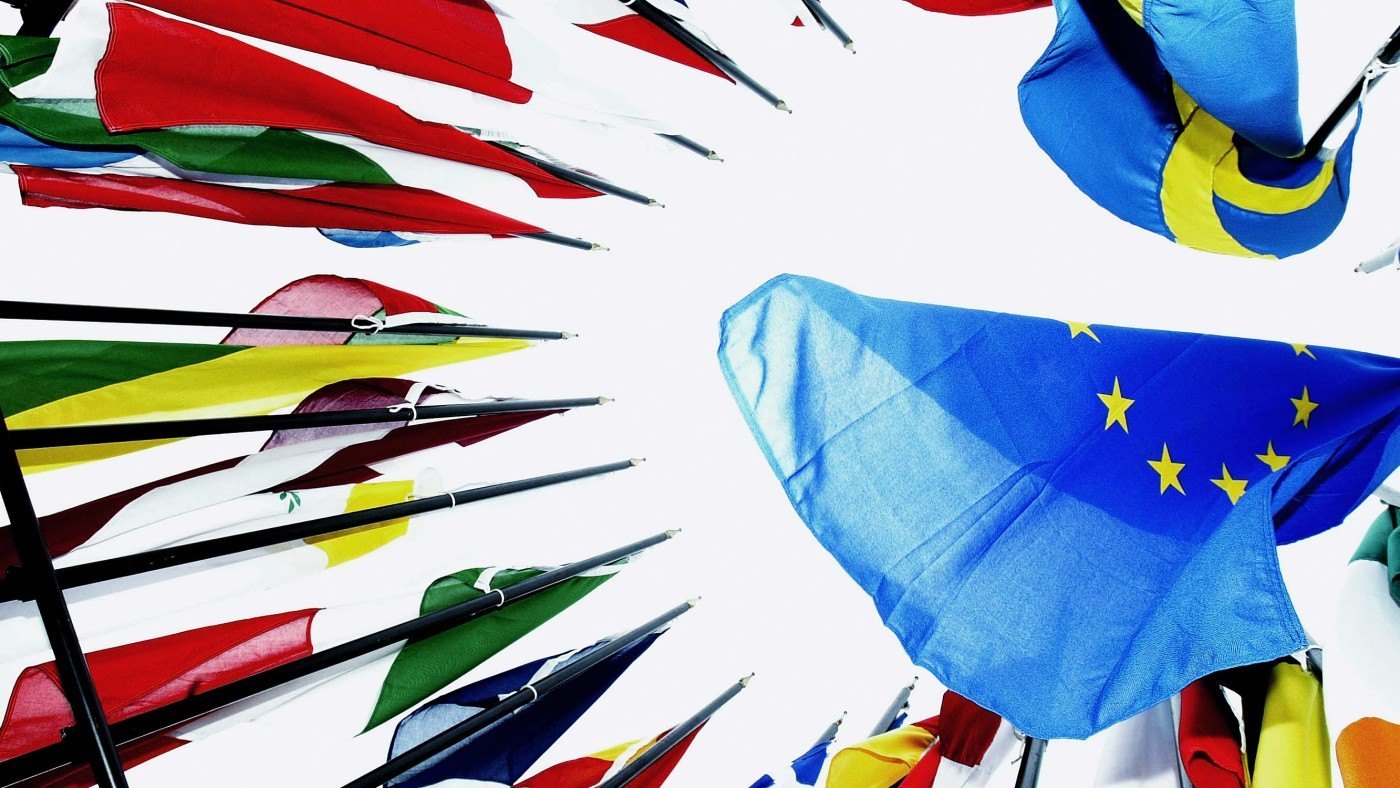Subsidiarity, as Cameron mentioned in his speech on EU reforms in November, is one of the core issues of toughening up Europe. Diversity and flexibility, competition and cooperation are part of the European genetic structure. Even Europe’s big empires, from Rome to Germany to Britain, were often concerned with avoiding centralisation and guaranteeing a variety of cultures, traditions and philosophies. They reckoned that unity prospers through acceptance and tolerance. Moreover, everybody profits when small units provide different solutions and competition leads the way towards ever more effectiveness.
Cameron, of course, just went half of the way. Subsidiarity is far more than just letting nation states deal with problems they can solve on their own. The Scottish independence movement is certainly crude with its nationalist propensity. But it might reveal where Europe must head. It is not Brussels alone that should return powers and competences. Whitehall and the other European governments ought to bid adieu to a considerable part of their sway.
Europe will not thrive when it continues to go down the road towards the ever closer union in the futile attempt to organise more than 500 million people. Nor will it flourish when treated by national governments as a mixture of bazaar and a bowl of cherries. Instead of always wobbling around these two alternatives politicians had better take heart and devolve power and money to entities that are even smaller than the nation state.
In European countries, which share a high esteem for freedom, the rule of law, free markets and democracy, politics are not meant to work as an instrument that ensures power to politicians. On the contrary: democratic and liberal politics are a way of self-organisation and cooperation that are supposed to provide the individual with as much personal liberty as possible. Hence, good politics should always aim at relinquishing power to the individual, or at least to the lower level.
We need a European Union where small units (say regions such as Wales, Bavaria or the city of Paris) have a high degree of budgetary and legislative power. Where they compete for the better solutions with different tax rates, varying forms of regulations and divergent ways of involving citizens. We need an EU that is not organized by a one size fits all principle but that enables small entities to find solutions that correspond to their specific situation. Where they can join different clubs according to their needs and capabilities. The Euro zone and the Schengen agreement have proved this to work. Why not extend the possibility to join various agreements and clubs to a far larger scale?
Having this variety of different agreements is not unheard of in European history. The Hanseatic League, for instance, for a time the most powerful economic actor on the continent, worked in this way. Decisions were found by consensus, yet, they were legally binding only when approved by the respective city council. In their urbanity, openness and trade orientation the cities of the Hanseatic League were precursors of our modern world. Their means of organisation and cooperation might serve as an example for our times.
In a truly subsidiary Europe, made up of maybe 100 small instead of 28 fairly big units, the main purpose of the commission and “Brussels” would be more that of watchmen and diplomats instead of politicians and bureaucrats. They would have to safeguard the pivotal freedoms of the EU: free movement of capital, labour and persons. Instead of making up new regulations and contriving new central plans for a whole continent the Brussels apparatus would have the main objective of abolishing borders and barriers. In addition, the commission would be in charge of providing the small units with assistance when groups of them intend to cooperate more closely. They could help negotiating and surveying if, say, Lombardy, Tyrol, and Bavaria were to club together their social security systems – or if regions from all over Europe would like to harmonise their administrative laws.
Such a versatile system would be far more beneficial for Europe, and not only because it honours the tradition that made Europe successful and strong over the centuries, but because it is far more appropriate for a union of peoples that are bound together by their appreciation of free markets, democracy, and self-determination. There is an alternative to a European central state on the one hand and a relapse onto nation states. It is the Europe of citizens. As Friedrich August von Hayek pointed out in his book “The Road to Serfdom”: “Neither an omnipotent super-state, nor a loose association of ‘free nations’, but a community of nations of free men must be our goal.”


